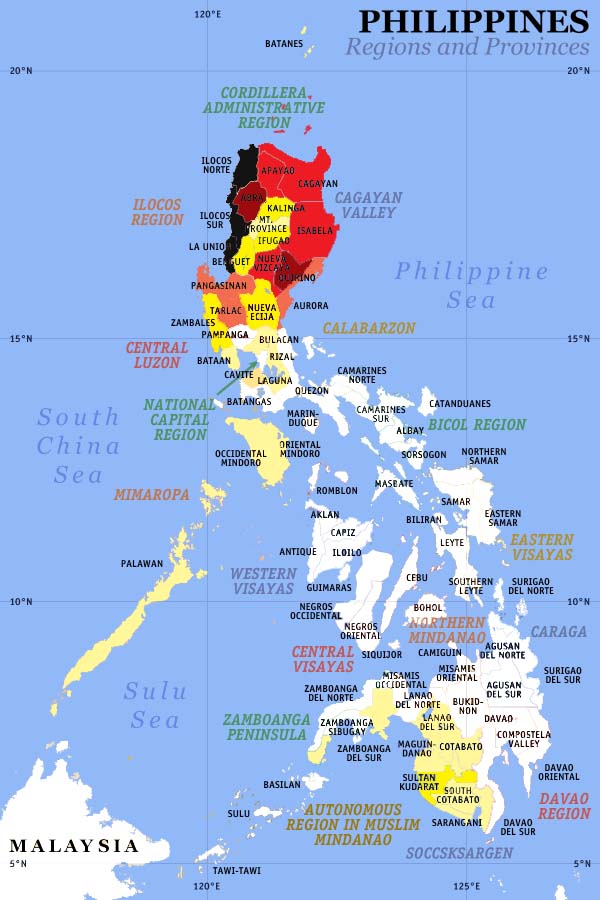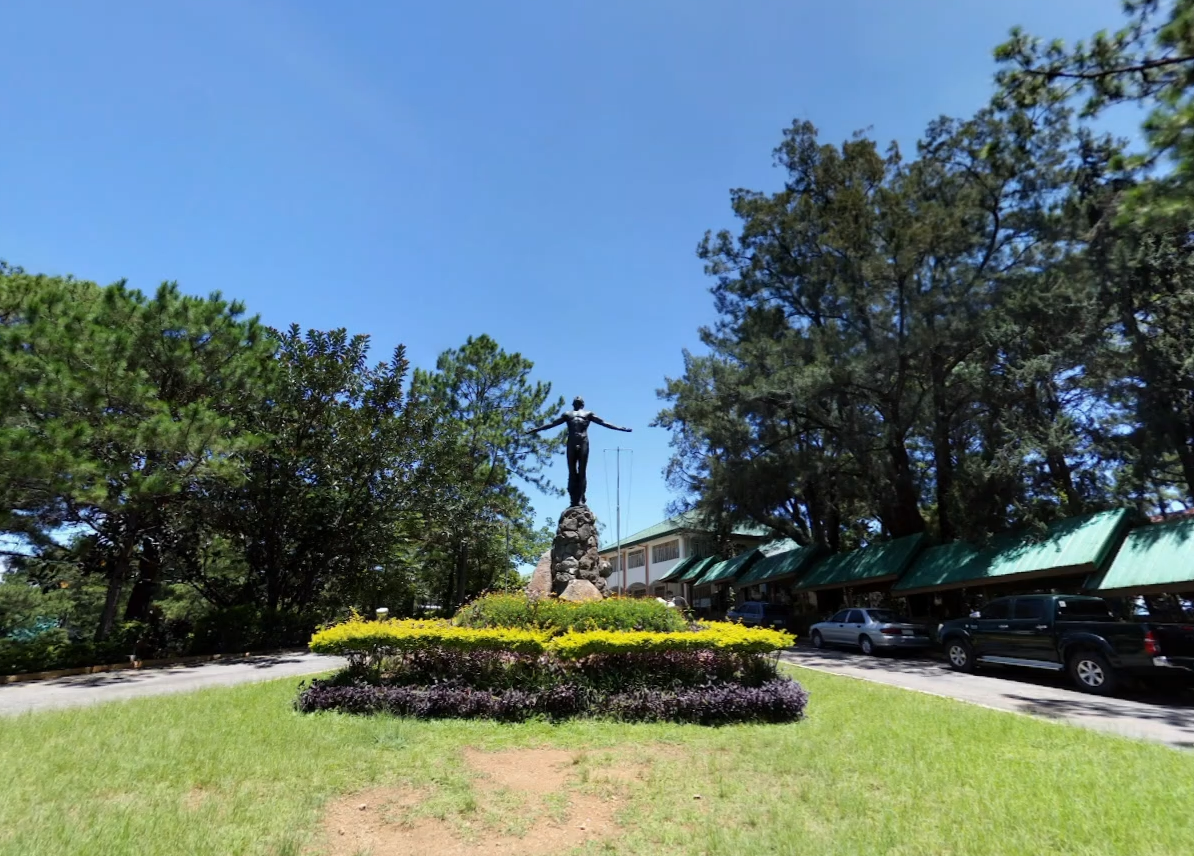|
Jose Roy
Jose J. Roy (July 19, 1904 – March 14, 1986) was a Filipino lawyer, economist, and politician who served for 25 consecutive years as a congressman and senator in the Congress of the Philippines. Known as the "poor man's economist", he drafted, authored and sponsored laws to improve the lot of the peasantry. As a member of Congress, he took particular pride in the sponsorship of almost all laws on land reform. He is also considered to be the "Father of the Philippine Banking System" because of his authorship and involvement in almost all the major finance and tariff measures since the beginning of the Third Philippine Republic in 1946. Early life Roy was born and raised in Moncada, Tarlac. His family were tenant farmers and he attended public schools. As a young boy, his first ambition was to become a writer and one of the topics he wrote on for a school paper was crop-sharing. Seeing and much affected by the oppression surrounding the farmers around him, he thought crop-sharin ... [...More Info...] [...Related Items...] OR: [Wikipedia] [Google] [Baidu] |
Majority Floor Leader Of The Senate Of The Philippines
The majority floor leader of the Senate of the Philippines, or simply the Senate majority floor leader, is the leader elected by the political party or coalition of parties that holds the majority in the Senate of the Philippines. By tradition, the Senate president or any presiding officer gives the majority leader priority in obtaining the floor and is also the traditional chairman of the Committee on Rules. The majority leader also manages the business of the majority bloc in the Senate. The incumbent Senate majority floor leader is Joel Villanueva. List of majority floor leaders Living former majority leaders of the Senate Currently there are ten living former majority leaders of the Senate. File:Defense Secretary Orly Mercado.jpg, Orly Mercado (PDP–Laban), served 1987–1989 File:Vp guingona.jpg, Teofisto Guingona ( Lakas–NUCD), served 1990–1991 File:IAEA Alberto Romulo and Yukiya Amano (cropped).jpg, Alberto Romulo ( LDP), served 1991–1996 File:Senator Fra ... [...More Info...] [...Related Items...] OR: [Wikipedia] [Google] [Baidu] |
Ilocano Language
Ilocano (also Ilokano; ; Ilocano: ) is an Austronesian language spoken in the Philippines, primarily by Ilocano people and as a lingua franca by the Igorot people and also by the native settlers of Cagayan Valley. It is the Languages of the Philippines, third most-spoken native language in the country. As an Austronesian language, it is related to Malay language, Malay (Indonesian language, Indonesian and Malaysian language, Malaysian), Tetum, Chamorro language, Chamorro, Fijian language, Fijian, Māori language, Māori, Hawaiian language, Hawaiian, Samoan language, Samoan, Tahitian language, Tahitian, Paiwan language, Paiwan, and Malagasy language, Malagasy. It is closely related to some of the other Austronesian languages of Northern Luzon, and has slight mutual intelligibility with the Balangao language and the eastern dialects of the Bontoc language. The Ilokano people had their indigenous writing system and script known as Baybayin, ''kur-itan''. There have been proposals ... [...More Info...] [...Related Items...] OR: [Wikipedia] [Google] [Baidu] |
Filipino Language
Filipino (; , ) is an Austronesian language. It is the national language ( / ) of the Philippines, and one of the two official languages of the country, with English. It is a standardized variety of Tagalog based on the native dialect, spoken and written, in Metro Manila, the National Capital Region, and in other urban centers of the archipelago. The 1987 Constitution mandates that Filipino be further enriched and developed by the other languages of the Philippines. Filipino is only used as a tertiary language in the Philippine public sphere. Filipino, like other Austronesian languages, commonly uses verb-subject-object order, but can also use subject-verb-object order as well. Filipino follows the trigger system of morphosyntactic alignment that is also common among Austronesian languages. It has head-initial directionality. It is an agglutinative language but can also display inflection. It is not a tonal language and can be considered a pitch-accent language a ... [...More Info...] [...Related Items...] OR: [Wikipedia] [Google] [Baidu] |
University Of The Philippines
The University of the Philippines (UP; fil, Pamantasan ng Pilipinas Unibersidad ng Pilipinas) is a state university system in the Philippines. It is the country's national university, as mandated by Republic Act No. 9500 (UP Charter of 2008), giving it institutional autonomy. Originally founded by the American colonial government on June 18, 1908, it was established through the ratification of Act No. 1870 of the 1st Philippine Legislature to serve as an "advanced instruction in literature, philosophy, the sciences and arts, and to give professional and technical training" to eligible students regardless of "age, sex, nationality, religious belief and political affiliation." The University of the Philippines system has 8 constituent universities (CUs): UP Diliman, which serves as the system's flagship university, UP Los Baños, UP Manila, UP Visayas, UP Open University, UP Mindanao, UP Baguio, and UP Cebu which are scattered across 17 campuses. Widely regarded an ... [...More Info...] [...Related Items...] OR: [Wikipedia] [Google] [Baidu] |
Economic Inequality
There are wide varieties of economic inequality, most notably income inequality measured using the distribution of income (the amount of money people are paid) and wealth inequality measured using the distribution of wealth (the amount of wealth people own). Besides economic inequality between countries or states, there are important types of economic inequality between different groups of people. Important types of economic measurements focus on wealth, income, and consumption. There are many methods for measuring economic inequality, the Gini coefficient being a widely used one. Another type of measure is the Inequality-adjusted Human Development Index, which is a statistic composite index that takes inequality into account. Important concepts of equality include equity, equality of outcome, and equality of opportunity. Whereas globalization has reduced global inequality (between nations), it has increased inequality within nations. Income inequality between nat ... [...More Info...] [...Related Items...] OR: [Wikipedia] [Google] [Baidu] |
Community-supported Agriculture
Community-supported agriculture (CSA model) or cropsharing is a system that connects producers and consumers within the food system closer by allowing the consumer to subscribe to the harvest of a certain farm or group of farms. It is an alternative socioeconomic model of agriculture and food distribution that allows the producer and consumer to share the risks of farming. The model is a subcategory of civic agriculture that has an overarching goal of strengthening a sense of community through local markets. In return for subscribing to a harvest, subscribers receive either a weekly or bi-weekly box of produce or other farm goods. This includes in-season fruits, vegetables, and can expand to dried goods, eggs, milk, meat, etc. Typically, farmers try to cultivate a relationship with subscribers by sending weekly letters of what is happening on the farm, inviting them for harvest, or holding an open-farm event. Some CSAs provide for contributions of labor in lieu of a portion of ... [...More Info...] [...Related Items...] OR: [Wikipedia] [Google] [Baidu] |
Tenant Farmers
A tenant farmer is a person (farmer or farmworker) who resides on land owned by a landlord. Tenant farming is an agricultural production system in which landowners contribute their land and often a measure of operating capital and management, while tenant farmers contribute their labor along with at times varying amounts of capital and management. Depending on the contract, tenants can make payments to the owner either of a fixed portion of the product, in cash or in a combination. The rights the tenant has over the land, the form, and measures of payment vary across systems (geographically and chronologically). In some systems, the tenant could be evicted at whim (tenancy at will); in others, the landowner and tenant sign a contract for a fixed number of years (tenancy for years or indenture). In most developed countries today, at least some restrictions are placed on the rights of landlords to evict tenants under normal circumstances. England and Wales Historically, rural so ... [...More Info...] [...Related Items...] OR: [Wikipedia] [Google] [Baidu] |
Third Philippine Republic
Third or 3rd may refer to: Numbers * 3rd, the ordinal form of the cardinal number 3 * , a fraction of one third * 1⁄60 of a ''second'', or 1⁄3600 of a ''minute'' Places * 3rd Street (other) * Third Avenue (other) * Highway 3 Music Music theory * Interval number of three in a musical interval **major third, a third spanning four semitones **minor third, a third encompassing three half steps, or semitones ** neutral third, wider than a minor third but narrower than a major third ** augmented third, an interval of five semitones ** diminished third, produced by narrowing a minor third by a chromatic semitone * Third (chord), chord member a third above the root *Degree (music), three away from tonic ** mediant, third degree of the diatonic scale **submediant, sixth degree of the diatonic scale – three steps below the tonic ** chromatic mediant, chromatic relationship by thirds *Ladder of thirds, similar to the circle of fifths Albums *'' Third/Sister Lo ... [...More Info...] [...Related Items...] OR: [Wikipedia] [Google] [Baidu] |
List Of Philippine Laws
This article contains a partial list of Philippine laws. Sources of Philippine laws ;Notes : *Customs may be considered as supplementary source of law, however, customs which are contrary to law, public order or public policy shall not be countenanced Abbreviations Philippine laws have had various nomenclature designations at different periods in the history of the Philippines, as shown in the following table: Notable laws The following table lists Philippine laws which have been mentioned in Wikipedia, or are otherwise notable. Only laws passed by Congress and its preceding bodies are listed here; presidential decrees and other executive issuances which may otherwise carry the force of law are excluded for the purpose of this table. Lists of laws by year 2020 2019 2018 (10967–11166) 2017 (10925–10966) 2016 (10740–10924) 2015 (10653–10739) 2014 (10635–10652) 2013 (10355–10634) 2012 (10157–10354) 2011 (10148–10156 ... [...More Info...] [...Related Items...] OR: [Wikipedia] [Google] [Baidu] |
Congress Of The Philippines
The Congress of the Philippines ( fil, Kongreso ng Pilipinas, italic=unset) is the legislature of the national government of the Philippines. It is bicameral, composed of a lower body, the House of Representatives, although colloquially the term "Congress" commonly refers to just the latter, and an upper body, the Senate. The House of Representatives meets in the Batasang Pambansa in Quezon City while the Senate meets in the GSIS Building in Pasay. The Senate is composed of 24 senators half of which are elected every three years. Each senator, therefore, serves a total of six years. The senators are elected at-large and do not represent any geographical district. In the current 19th Congress, there are 316 seats in the House of Representatives. The Constitution states that the House "shall be composed of not more than 250 members, unless otherwise fixed by law," and that at least 20% of it shall be sectoral representatives. There are two types of congressmen: the district ... [...More Info...] [...Related Items...] OR: [Wikipedia] [Google] [Baidu] |
Politician
A politician is a person active in party politics, or a person holding or seeking an elected office in government. Politicians propose, support, reject and create laws that govern the land and by an extension of its people. Broadly speaking, a politician can be anyone who seeks to achieve Power (social and political), political power in a government. Identity Politicians are people who are politically active, especially in party politics. Political positions range from local governments to state governments to federal governments to Intergovernmental organisation, international governments. All ''government leaders'' are considered politicians. Media and rhetoric Politicians are known for their rhetoric, as in speeches or campaign advertisements. They are especially known for using common themes that allow them to develop their political positions in terms familiar to the voters. Politicians of necessity become expert users of the media. Politicians in the 19th century made ... [...More Info...] [...Related Items...] OR: [Wikipedia] [Google] [Baidu] |




.jpg)